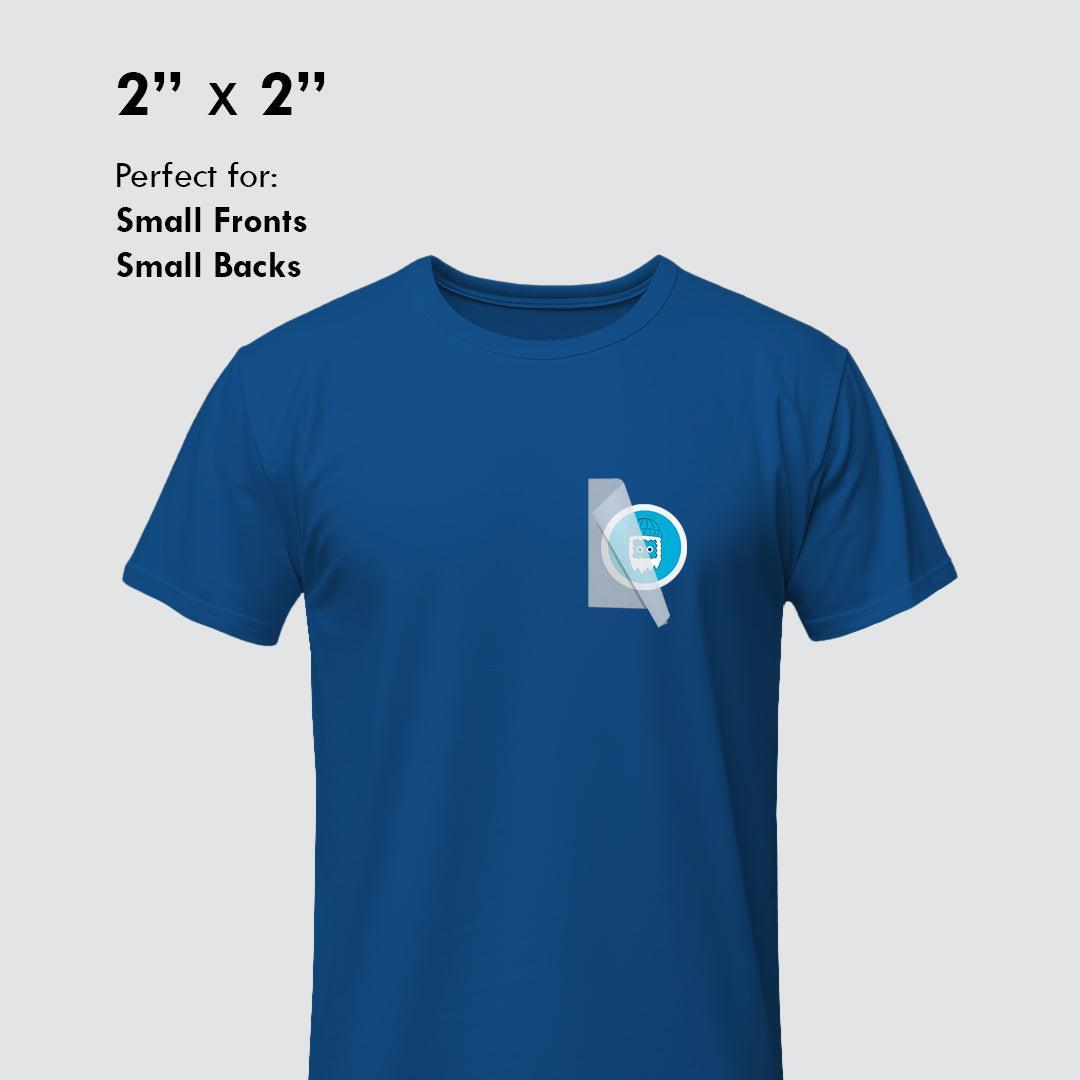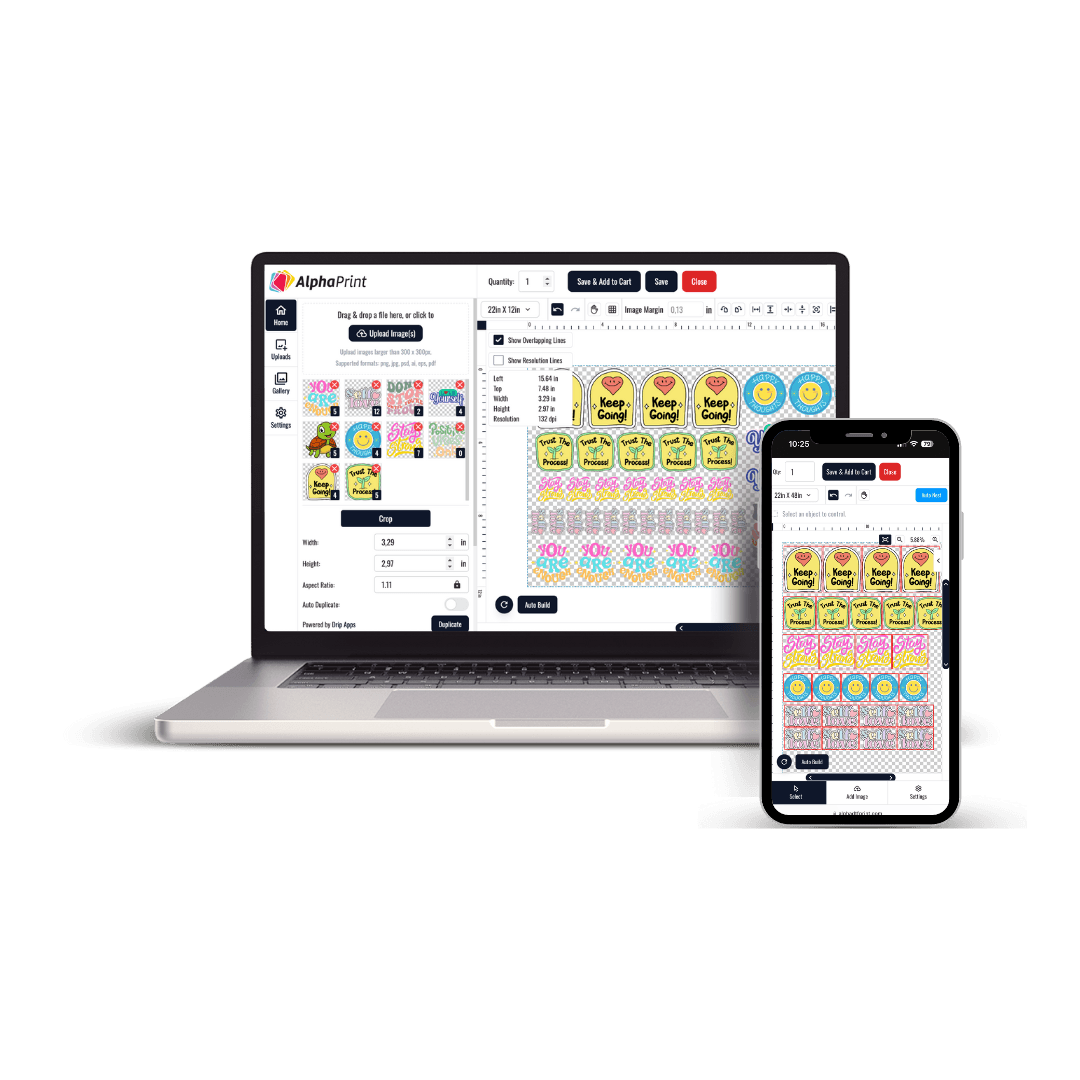Custom Transfer: A Complete Guide
Custom Transfer methods continue to evolve, offering better quality, flexibility, and efficiency. Among the most versatile techniques available today is transfer printing, a process that allows unique artwork to be applied to fabrics, hard surfaces, and promotional products. With its adaptability and professional results, it has become a popular solution for both businesses and individuals.
What Is Transfer Printing?
Custom Transfer is the process of moving a printed design from a film onto another material. The artwork is first printed onto a special sheet. Heat or UV light is then applied, bonding the design to the final surface. This ensures strong adhesion, vibrant colors, and long-lasting results.
Why Choose Transfer Printing?
There are several reasons why this method has gained global popularity: Custom Transfer
-
Works on textiles, plastics, wood, metal, and more
-
Produces bold, high-resolution designs
-
Withstands washing, stretching, and wear
-
Requires minimal fabric pre-treatment
-
Suitable for both small and large production runs
Because of these advantages, companies use it for branding and promotions, while individuals enjoy customizing clothing, gifts, and accessories.
Different Types of Transfer Printing
Not all transfer methods are the same. The best option depends on the surface and purpose.
-
Heat Transfer
Designs are applied with a heat press, making it a favorite for apparel such as T-shirts, sweatshirts, and tote bags. -
UV DTF Transfer
UV-cured inks allow prints to adhere to hard materials. It’s the ideal solution for glassware, wooden items, plastic cases, and promotional products. -
Sublimation Transfer
Heat and pressure bond the ink directly into polyester fabrics and coated substrates, resulting in durable and lightweight prints.
Each technique has unique strengths, so selecting the right one depends on your specific project.
Benefits of This Custom Transfer Method
-
Durability: Resistant to washing, fading, and stretching
-
Versatility: Works across fabrics, ceramics, metals, and plastics
-
Professional Quality: Sharp details and vivid color reproduction
-
Scalability: Cost-effective for both single prints and bulk orders
-
Eco-Friendly Options: Many inks are water-based and safe for the environment
How Transfers Are Made
The process is straightforward but requires proper tools: Custom Transfer
-
Design Creation
Create your artwork with software such as Adobe Illustrator or Photoshop. Always use high-resolution files for clarity. -
Printing
Print the design onto a special film using a printer equipped with CMYK and white inks. -
Adhesive Application
For certain processes, an adhesive powder is applied to ensure strong bonding. -
Curing
Heat or UV light is used to cure the film and lock in the design. -
Application
The sheet is placed onto the product. A heat press or UV lamp transfers the design, leaving a clean, durable finish.
Where to Order Transfers
You can purchase transfers from both online suppliers and local shops. Online platforms often provide a wider selection and faster delivery, while local printers let you check samples before committing to large orders.
How to Choose a Supplier
Look for:
-
High-quality films and inks
-
Positive reviews and testimonials
-
Quick turnaround times
-
Multiple size options
-
Reliable customer support
Some well-known suppliers include Pro World, Heat Press Nation, and FM Expressions.
Applications Across Industries
Transfer printing is used in many areas:
-
Fashion: Custom clothing, branded uniforms, and unique designs
-
Corporate: Logos on promotional items like mugs, pens, or tote bags
-
Sports: Personalized jerseys with names and numbers
-
Gifts: Customized items such as phone cases, water bottles, or cushions
Its adaptability makes it useful in almost every industry.
Sizes and Formats Available
Suppliers provide sheets in different sizes to match project needs:
-
A4 (8.3" x 11.7") – Best for small logos and graphics
-
A3 (11.7" x 16.5") – Great for medium-sized designs
-
Large rolls – Perfect for bulk production runs
Affordable Options
To reduce costs, consider ordering in bulk. Many suppliers also offer seasonal discounts and promotions. Lower prices don’t always mean lower quality if you choose reliable providers.
Tips for Success
-
Always design in high resolution
-
Follow supplier guidelines for temperature and pressure
-
Store transfer films in a cool, dry place
-
Test a sample before mass production
Attention to these details will ensure consistent and professional results.
Conclusion
Transfer printing offers a combination of durability, flexibility, and high-quality results. It works on textiles, promotional goods, and even hard surfaces, making it a top choice for businesses and hobbyists alike. Whether you need a single custom item or thousands of branded products, this method delivers professional-grade results that stand out.








